The planned $55 billion (USD 36.2 billion) Australian Renewable Energy Hub (AREH) is one of three renewable energy and critical minerals projects in Western Australia (WA) that will receive extra support navigating and coordinating federal and state regulatory approvals processes after the Commonwealth granted them major project status.
The federal government said the AREH, the Murchison green hydrogen, and the NiWest nickel cobalt developments were conferred major project status as they are considered to be economically significant to Australia and will support the nation’s renewable energy targets.
“These projects align with the Australian government’s Future Made in Australia plan and will help us achieve net zero by 2050,” the government said, adding that the projects have the potential to contribute considerably to the nation’s economic growth and employment opportunities.
The bp-led AREH project proposes the deployment of a combined 26 GW of solar and wind generation near Port Hedland in WA’s northwest to power an estimated 14 GW of electrolysers, producing 1.6 million tonnes of renewable hydrogen and nine million tonnes of green ammonia annually for the local and export markets.
The construction phase is expected to take 10 years and generate 5,000 jobs. Once operational, the project is expected to employ up to 3,000 people.
The Murchison green hydrogen project, being developed by Danish investment firm Copenhagen Infrastructure Partners near the coastal town of Kalbarri, will use about 6 GW of solar and wind energy to produce renewable hydrogen that will be converted to an estimated 2 million tonnes of green ammonia per annum for domestic and export uses.
It is anticipated construction of the project will take about five years, cost about $15 billion and employ nearly 2,500 people.
Alliance Nickel’s $1.26 billion NiWest project being developed near Kalgoorlie aims to produce 90,000 tonnes of nickel sulphate and 6,800 tonnes of cobalt sulphate annually for use in the manufacture of electric vehicle batteries. Construction is expected to take 10 years and employ 600 people.
Alliance Nickel Managing Director and Chief Executive Officer Paul Kopejtka said the major project status (MPS) will help drive the development of the project with the Perth-based company looking to finalise a definitive feasibility study later this year.
“MPS will support rapid advancement of the project and comes at an important time for the company as global demand for US Inflation Reduction Act-compliant battery-grade nickel and cobalt grows,” he said. “We look forward to working closely with relevant ministers, government and industry bodies as we move towards construction.”
This content is protected by copyright and may not be reused. If you want to cooperate with us and would like to reuse some of our content, please contact: editors@pv-magazine.com.
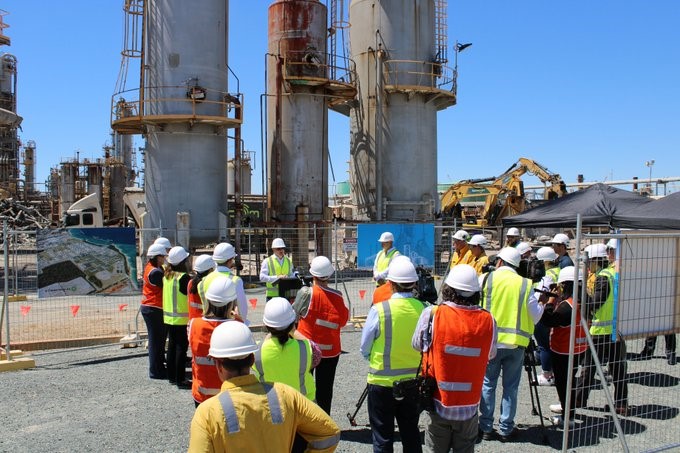



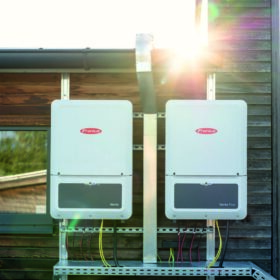

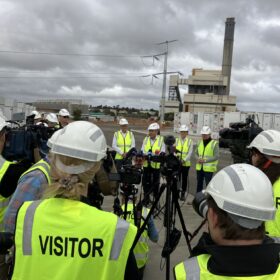
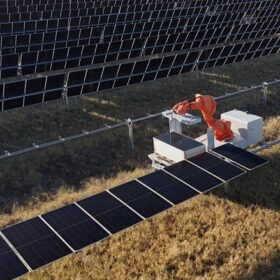
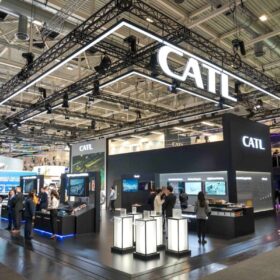
By submitting this form you agree to pv magazine using your data for the purposes of publishing your comment.
Your personal data will only be disclosed or otherwise transmitted to third parties for the purposes of spam filtering or if this is necessary for technical maintenance of the website. Any other transfer to third parties will not take place unless this is justified on the basis of applicable data protection regulations or if pv magazine is legally obliged to do so.
You may revoke this consent at any time with effect for the future, in which case your personal data will be deleted immediately. Otherwise, your data will be deleted if pv magazine has processed your request or the purpose of data storage is fulfilled.
Further information on data privacy can be found in our Data Protection Policy.